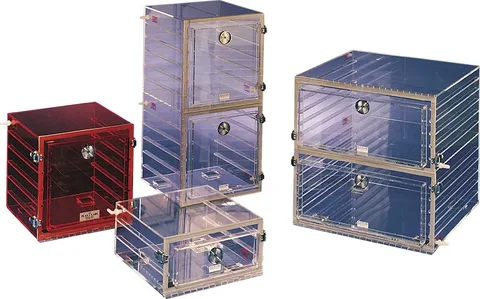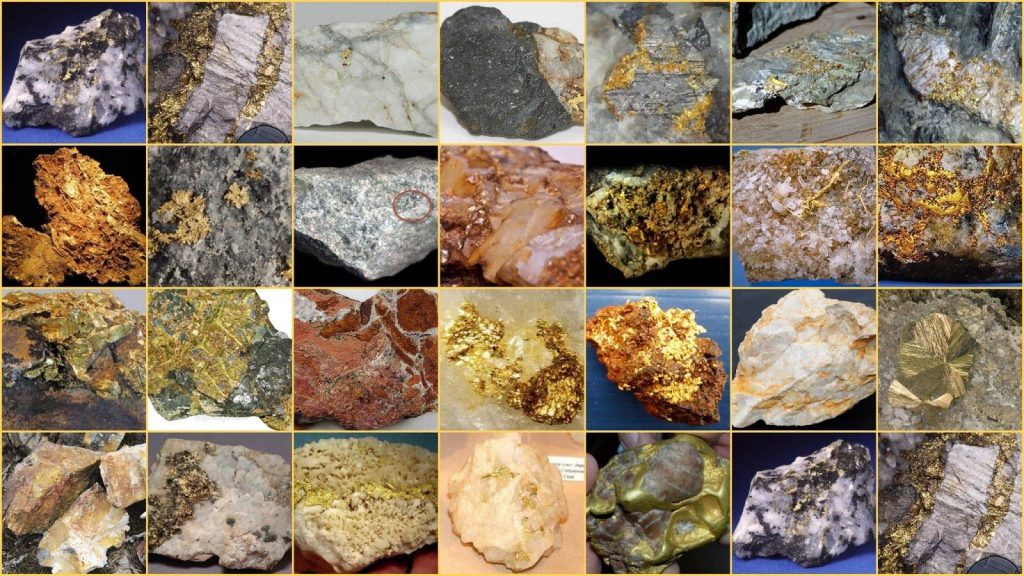What are the 5 benefits to using a desiccator cabinet?
Desiccator Cabinets are of immense importance in the field of science and technologies. If you happen to have a lab of your own or are associated with one, you will know how much this drying cabinet can bring a change to your professional life, mainly due to its efficiency. Being a researcher in any of the science fields, you may have dozens of questions related to its function, usage, or benefits to be precise. If you are one of those people, give this article a read, and you will not regret it by the time you reach the conclusion segment.
- Art of Shipping: Choosing the Ideal Corrugated Box
- Unlock Your Style with 15 Insane Custom Patch Designs | Trendy & Unique Patches
- Discover Why Businesses Across India Rely on Avon Packaging for Their Corrugated Needs!
- 7 Tips Must-Know Wedding Shuttle Service
- Chicago Limousine Service: Enhancing Your Travel Experience
- Unlocking the World of Crypto Trading: A Comprehensive Overview
Overview of the desiccator cabinet:

A desiccator cabinet is basically a drying chamber in its most real sense of the term. Researchers usually keep their specimens inside for a stipulated amount of time, and a particular set of parameters is set for each variant of the cabinets. Speaking of the variants, there are many of them. They can be classified based on the material used for the construction, the size of the cabinets, or some specialized features that make them unique.
The interior of such systems is usually strategically placed with drying agents or chemicals that help in the process of desiccation. The mostly used chemicals are silica gel, magnesium sulphate, diorites, etc. These chemicals prevent the specimens placed inside the cabinet from reacting with the moisture (if by any chance present inside) and help them get a good result of their work.
Now that you have a rough idea about the system, let us know the 5 benefits to using of a desiccator cabinet in the following segment. It is imperative to understand these as it will help you enhance the knowledge regarding this system before you go for your first purchase.
Helps you work with hygroscopic materials or specimens:

Hygroscopic materials or specimens are the ones which are more moisture prone than other materials or specimens. Usually, if you are working in a lab, it is more than evident that you will have to work with hygroscopic materials, and it is a big challenge to come out of the experiment with a positive result. This is because such materials can and will react with moisture, and the reaction will give you an erroneous result. To prevent that from happening, desiccators are used where they are safe and inert completely.
Fast and efficient drying within a given period:
Air drying or any sort of natural way of drying can give you tonnes of false results to start with. Secondly, it is undoubtedly a tedious and time-consuming process. If you have multiple samples that need to be dried or prevented from reacting with moisture, you will need to opt for a desiccator cabinet. Such cabinets can accommodate multiple specimens and dry them effectively within a given period. This will never be possible with the conventional air-drying method. Therefore, people have started choosing this efficient drying technique.
Useful tool for working with biological specimens:

Biological specimens are one of the most hygroscopic and reacting specimens available. In today’s world, with so much happening with science and their advancements, it is imperative for the researchers to level up their game. A desiccator cabinet can go a long way in this regard. Biological samples need to be dried and stored under a given set of conditions. A low amount of moisture is one of them. Hence, it is more than a necessity to use a desiccator cabinet if you are dealing with biological specimens on a daily basis.
Effective in pharmaceutical researches and studies:
Pharmaceuticals are all about chemicals, and we know that chemicals are nothing but reactants in short. It is obvious if your lab is handling a wide range of chemicals, you will need a desiccator cabinet to study and store them. Also, chemical samples need a high degree of sophistication. You cannot, therefore, afford to handle them poorly for various safety reasons.
Useful for geological specimens:

Geological specimens are no exceptions. They are rich in radioactive elements that are highly reactive. More than the other groups of specimens, geological specimens need serious attention here for their effective preservation and smooth handling.


